
Emory Initiative for Arts and Humanistic Inquiry
The Emory Initiative for Arts and Humanistic Inquiry expands our commitment to the liberal arts at a critical juncture by recruiting outstanding humanistic and artistic scholars who are advancing our understanding of humanity and exploring the big questions facing individuals and society in our times.
What does it mean to live in a world undergoing radical environmental, climatic, social, economic, and political upheaval? How are understandings of the person, the social, and the human anchored in regional, cultural, and historical specificity? How is humanity adapting to rapid and radical technological change? How will individuals and societies find and articulate meaning in the future, and what new forms of community and creative expression will emerge?
Launched in Fall 2023, the Arts and Humanistic Inquiry initiative catalyzes Emory’s response to these and other vital questions at the heart of the human condition. Over the next three to four years, we anticipate hiring up to 30 new faculty members across five participating schools who will join humanistic and artistic scholars already at Emory to advance the critical work of shaping our world through their endeavors.
"In an era when some are disinvesting in the humanities, Emory has decided to double down—because we think humanistic inquiry is particularly essential at this critical juncture in our shared history. At a time of rapid technological, societal and environmental change, scholars and artists who can shine a light on the human experience will help us face challenges and find new ways to grow and flourish."
In addition, the Office of the Provost announced a request for proposals to fund creative programming that supports and nurtures the arts and humanistic inquiry communities locally and globally.
Complemented by expanded programming in the Fox Center for Humanistic Inquiry, the initiative not only enhances humanistic scholarship and qualitative, textual, literary, visual, narrative, historical, and theoretical research across the institution, but more deliberately forges opportunities for collaboration and innovation within the arts, interdisciplinary humanities, and social sciences at Emory.
Through these investments, Emory will advance its position as a leader in innovation through scholarship and creative expression, harnessing imagination and discovery to address 21st-century challenges and positively influence the human condition in the decades ahead.
School Statements
The Arts and Humanistic Inquiry initiative creates new opportunities for each school to advance its goals of increased collaboration and interdisciplinary research.
Dedicated to creating, preserving, teaching, and applying knowledge in the service of humanity, Emory College of Arts and Sciences anchors the liberal arts within one of the nation’s leading research universities. Emory’s Arts and Humanistic Inquiry initiative enables us to build on existing strengths in the College to nurture new approaches to research, new forms of creative expression, and new opportunities for creative collaboration across the arts, the interdisciplinary humanities, and the qualitative social sciences.
In connection with this initiative, we will emphasize faculty hiring that leverages existing strengths to create new opportunities for students and support new areas of research in the interdisciplinary humanities and qualitative social sciences. While hiring in strategic areas of need, we will grow our faculty in ways that forge synergies across departments and programs that enable us collectively to respond to some of the most critical questions of our time--including social justice and the climate crisis, the impact of new technologies, and the ways in which people find meaning, community, and modes of expression in times of rapid and unpredictable change.
Supporting departments and programs across the arts, humanities, and qualitative social sciences, the initiative aims to foster new opportunities for collaboration and innovation, advancing work throughout the College and the broader Emory community.
Oxford College’s liberal arts-centered mission is at the heart of Emory University’s commitment to artistic and humanistic inquiry. As a campus focused exclusively on the initial two years of the undergraduate experience, Oxford immerses first- and second-year students in a curriculum and community emphasizing discovery, exploration, and reflection both in and beyond the classroom.
Emory’s new initiative will support and expand the signature Oxford experience—a liberal arts education that draws on the humanities and social sciences to empower students to ask critical questions about what it means to be human, and to analyze, evaluate, and transform the world around them.
Today, living and learning at Oxford is guided by dedicated and innovative faculty who are also world-class scholars and leaders in their fields. In addition to traditional liberal arts courses, every Oxford student is invited to explore the intersections between disciplines, including learning the principles of empirical observation that will help them investigate how we collectively make meaning out of the world. From courses in English and Theater to Art History and Religion to those that focus on the study of behavior, society, and social relationships, students at Oxford acquire a solid foundation of skills and knowledge to build on as they transition to the Atlanta campus and beyond.
Academic and personal growth at Oxford also includes participating in unique inquiry-based programs, such as first-semester Discovery Seminars and a fourth-semester Milestone Portfolio project grounded in reflective practices. Oxford students routinely take their studies outside the traditional classroom, including by working one-on-one with faculty members on research projects—opportunities rarely offered in the first two years of college. A range of other opportunities, including global learning, applied arts, internships, and community-engaged learning—such as working on the college’s organic farm or with organizations in surrounding neighborhoods—help students open their hearts and minds to new ideas and experiences.
Oxford looks forward to full participation in Emory’s Arts and Humanistic Inquiry initiative as we continue to educate and nurture lifelong learners, explorers, and seekers in service to their communities and the world.
Emory’s initiative in the Arts and Humanistic Inquiry resonates powerfully with Candler School of Theology’s history, identity, and mission. As a school of theology that is part of a research university, Candler supports excellent scholarship in a wide array of humanistic fields, including philology, history, philosophy, rhetoric, ethics, pedagogy, music, systematic theology, the interpretation of texts, the care of souls, the sociological and anthropological study of religious lives, and more. Candler is a place where a class on an ancient language might happen next door to a class on contemporary critical theory, with a seminar on transpacific circuits of religion and politics just down the hall.
As one of the top five theological schools in the United States, Candler cultivates scholarship in all these humanistic fields at the highest level. That eminence is tightly interwoven with the deep diversities within Candler’s faculty and student body. Candler is the most racially and ethnically diverse of any of these top schools of theology. At Candler, study is never just an end in itself. Candler scholars work in deeply contextual ways, rooting their work in critical attention to the issues and upheavals of our time. From these roots, their scholarship reaches towards common goods that extend beyond the school, even to ultimate horizons of meaning. At their best, Candler faculty engage in humanistic study for the sake of human flourishing.
Candler does not just create and preserve humanistic knowledge; it also shares that knowledge with students who apply and extend it in many different ways. As a seminary of the United Methodist Church, Candler seeks to prepare faithful and creative leaders for the church’s ministries throughout the world. Some alumni do that work in congregations and other church bodies affiliated with many different traditions. Others lead NGOs. Many go on to top doctoral programs and then to academic careers. Still others are musicians, writers, or visual artists. All of them are formed by their years of humanistic study at Candler.
Candler hopes to share in the Arts and Humanistic Inquiry initiative in ways that deepen and expand this distinctive excellence in teaching and scholarship. That means attracting top scholars who attend to context, seek the common good, help the school serve an extraordinarily diverse student body, and pursue their work in ways that are porous to questions of meaning, justice, community, and God.
A humanistic approach to law assumes that the law should be used as a tool to promote social justice and fairness and to protect the fundamental rights of individuals. It recognizes that individuals have unique experiences, perspectives, and needs, and therefore aims to create a legal system that is responsive to these differences. A humanistic legal education prioritizes a curriculum that is relevant, engaging, and meaningful, and that encourages students to think critically and reflectively about the role of the law in society. This education aims to create lawyers who are not only knowledgeable about the law, but who are also compassionate, ethical, and committed to social justice.
Several programs at Emory Law already engage in work related to the humanistic approach to law, including the Center for the Study of Law and Religion, the Vulnerability and the Human Condition Initiative, and the Feminism and Legal Theory Project. In addition, several of our interdisciplinary faculty in the humanities and social sciences engage in research and teaching that emphasizes the role of law in promoting human flourishing and well-being.
Possible areas of research in the humanistic approach to law include studying how the law can be used to protect the fundamental rights of individuals, understanding the ethical dimensions of legal practice, exploring how law is best used to promote social justice and equality, examining the relationship between law and morality, and investigating whether restorative justice practices can be used to promote healing and reconciliation. Research can also focus on the role of law in mediating the tensions between technology and humanity, such as regulating the use of AI in health care, placing appropriate limitations on technologies like reproductive cloning, and the studying the impact of algorithms that have a disparate and potentially discriminatory impact.
With research rooted in the social sciences and humanities, a humanistic business education centers the human experience within organizations and markets. It focuses on the role of values-driven leadership in creating human flourishing and ensuring social and environmental justice. It recognizes the importance of historical exploration into past business practices to better understand present challenges. And it emphasizes the need to pair ongoing humanistic and ethical inquiry with rapid advancements in business analytics and innovation.
Related work at Goizueta Business School includes the Business & Society Institute as well as emerging research in environmental, social, and governmental (ESG) topics across different areas. New faculty from the social sciences and humanities will deepen this work and ensure Goizueta continues to prepare future business leaders to holistically integrate cutting-edge business skills with the bigger, harder questions about the role business plays in society.
Faculty Advisory Committee
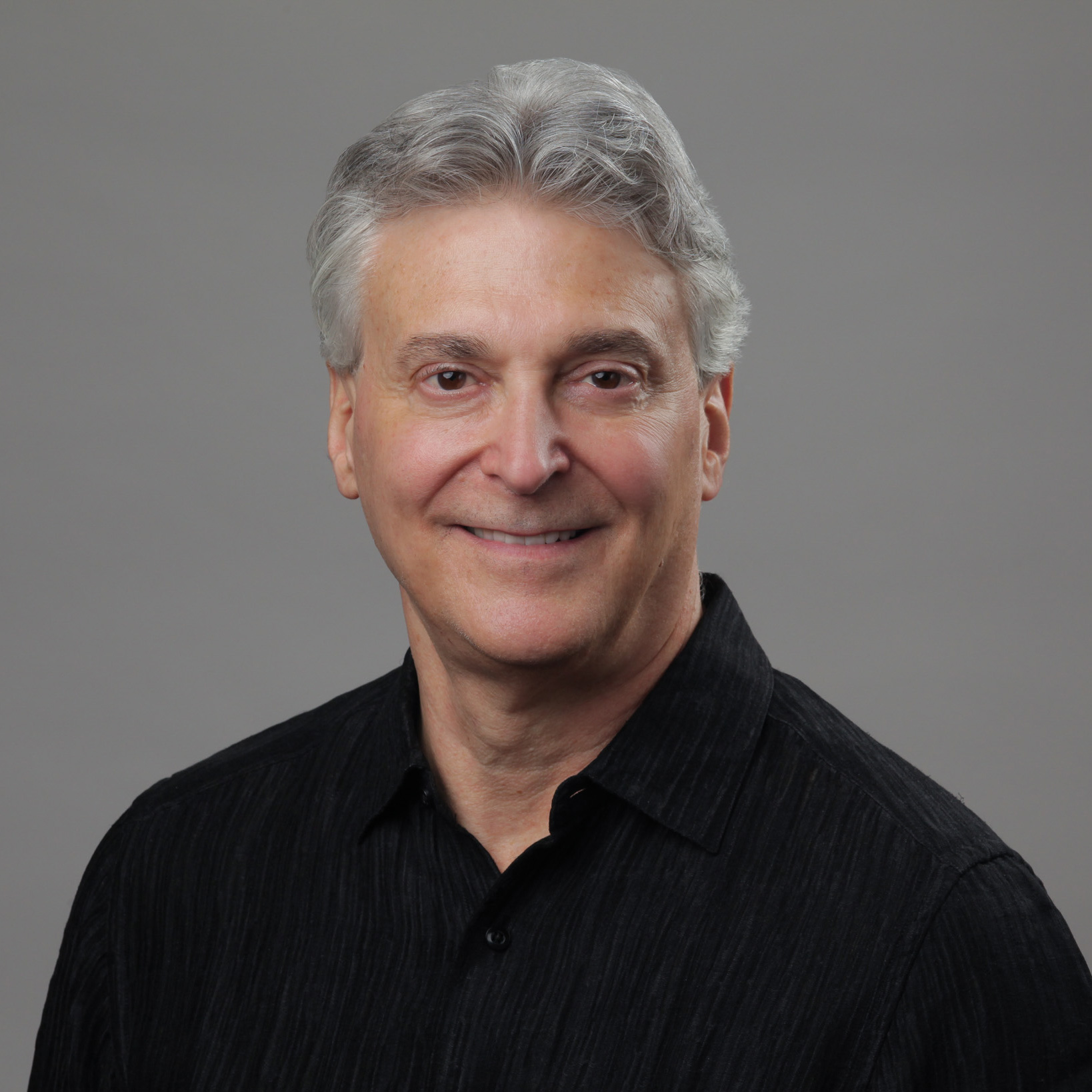
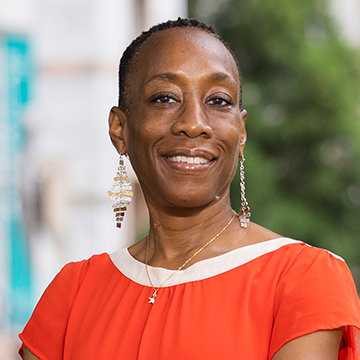
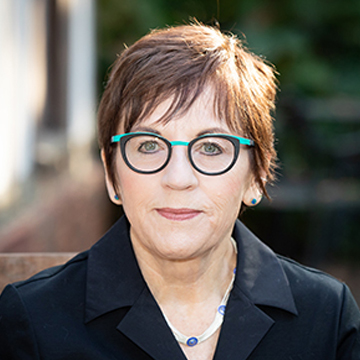
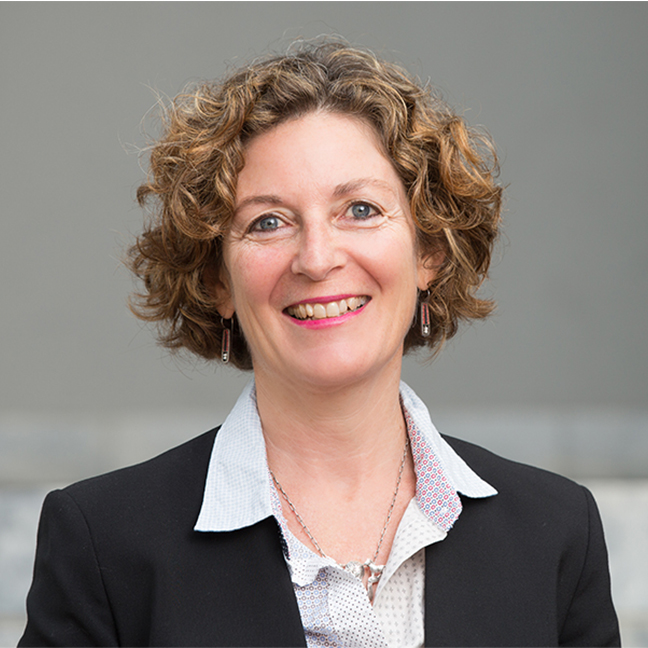
Carla Freeman
Goodrich C. White Professor of Women's Gender and Sexuality Studies | Director, Fox Center for Humanistic Inquiry
More about Professor Freeman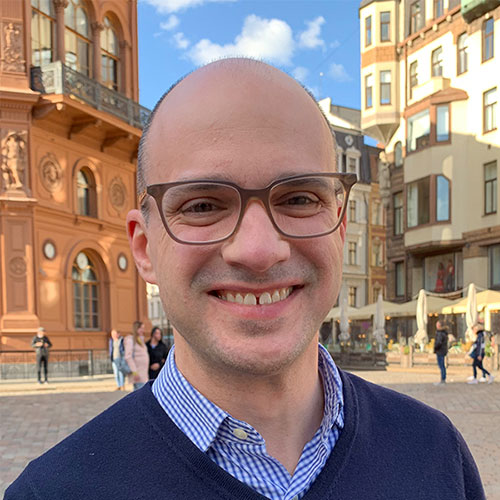
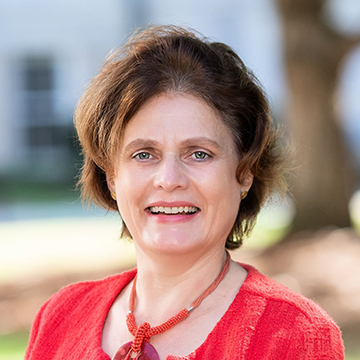
Valérie Loichot
Samuel Candler Dobbs Professor of French and Italian | Chair, Department of French and Italian
More about Professor Loichot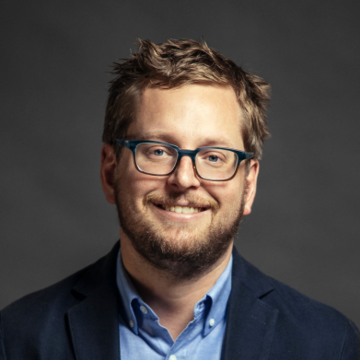
Wesley Longhofer
Goizueta Foundation Term Associate Professor of Organization & Management | Executive Academic Director, Business & Society Institute
More about Professor Longhofer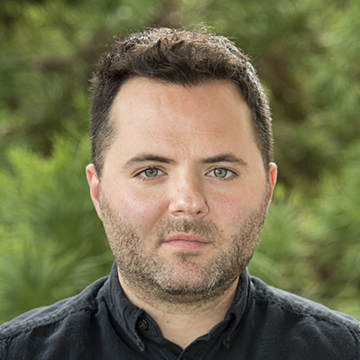
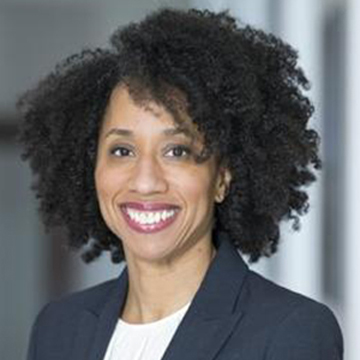
Jill Perry-Smith
Professor of Organization & Management | Senior Associate Dean, Strategic Initiatives
More about Professor Perry-Smith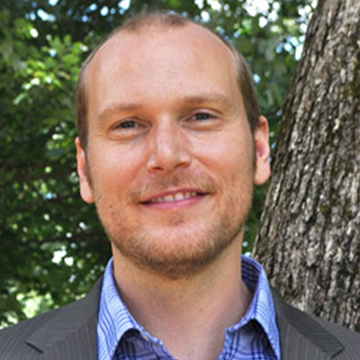
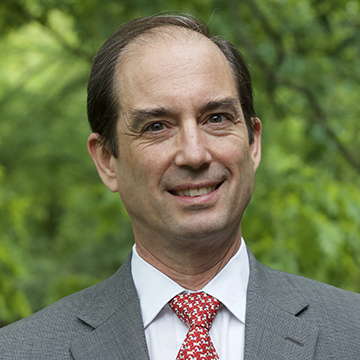
Jonathan Strom
Professor of Church History | Director of International Initiatives
More about Professor Strom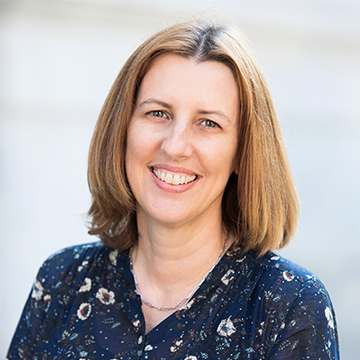
Elizabeth Wilson
Samuel Candler Dobbs Professor of Women's Gender & Sexuality Studies
More about Professor Wilson